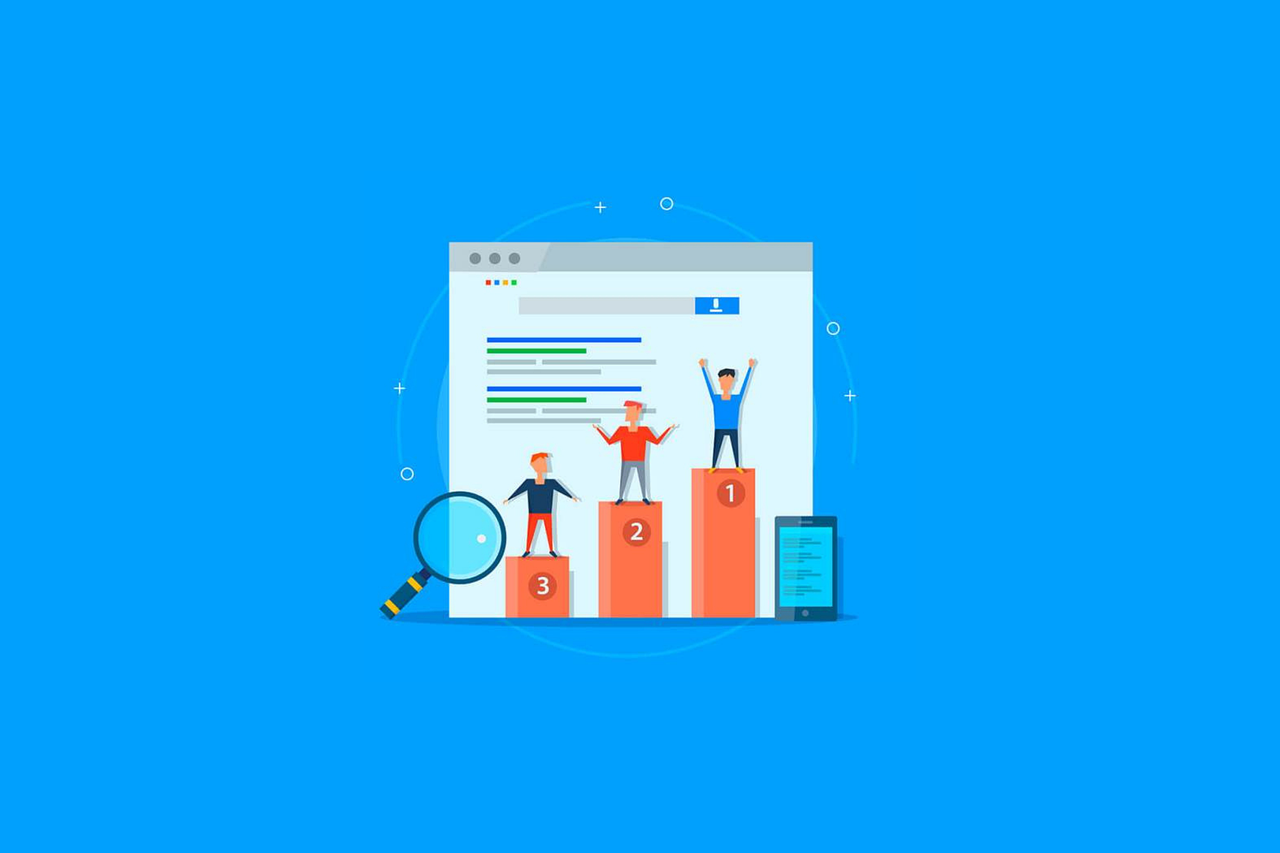Esta web utiliza cookies para que podamos ofrecerte la mejor experiencia de usuario posible. La información de las cookies se almacena en tu navegador y realiza funciones tales como reconocerte cuando vuelves a nuestra web o ayudar a nuestro equipo a comprender qué secciones de la web encuentras más interesantes y útiles.
Publicaciones
This paper analyzes the potential impact of reputational bias on academic classifications based upon current research performance measures. Empirical evidence supports the existence of a noticeable effect of reputational bias in the Academic Ranking of World Universities (ARWU), informally known as the Shanghai Ranking. Despite using reliable, objective data, the results of the ranking are partially contaminated by the halo effect that pervades peer review processes and citation practices behind two of ARWU’s main indicators: highly cited researchers (HiCi), and papers published in Nature and Science (N&S). ARWU results may contribute to reinforcing reputational bias through a vicious feedback loop. The study describes a method for quantifying the bias present in the aforementioned indicators. Our findings reveal that bias exists in N&S but not in HiCi, and that while it benefits top universities and Japanese universities, it stifles Australian counterparts. The paper paves the way for a new, interesting debate that will require future research to identify and cope with shortcomings derived from the impact of reputational bias in journal procedures both when evaluating and accepting manuscripts, as well as in the methodology of global university rankings.
Safón, V. y D. Docampo (2020). «Analyzing the impact of reputational bias on global university rankings based on objective research performance data: the case of the Shanghai Ranking (ARWU)». Scientometrics 125.



